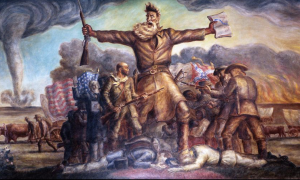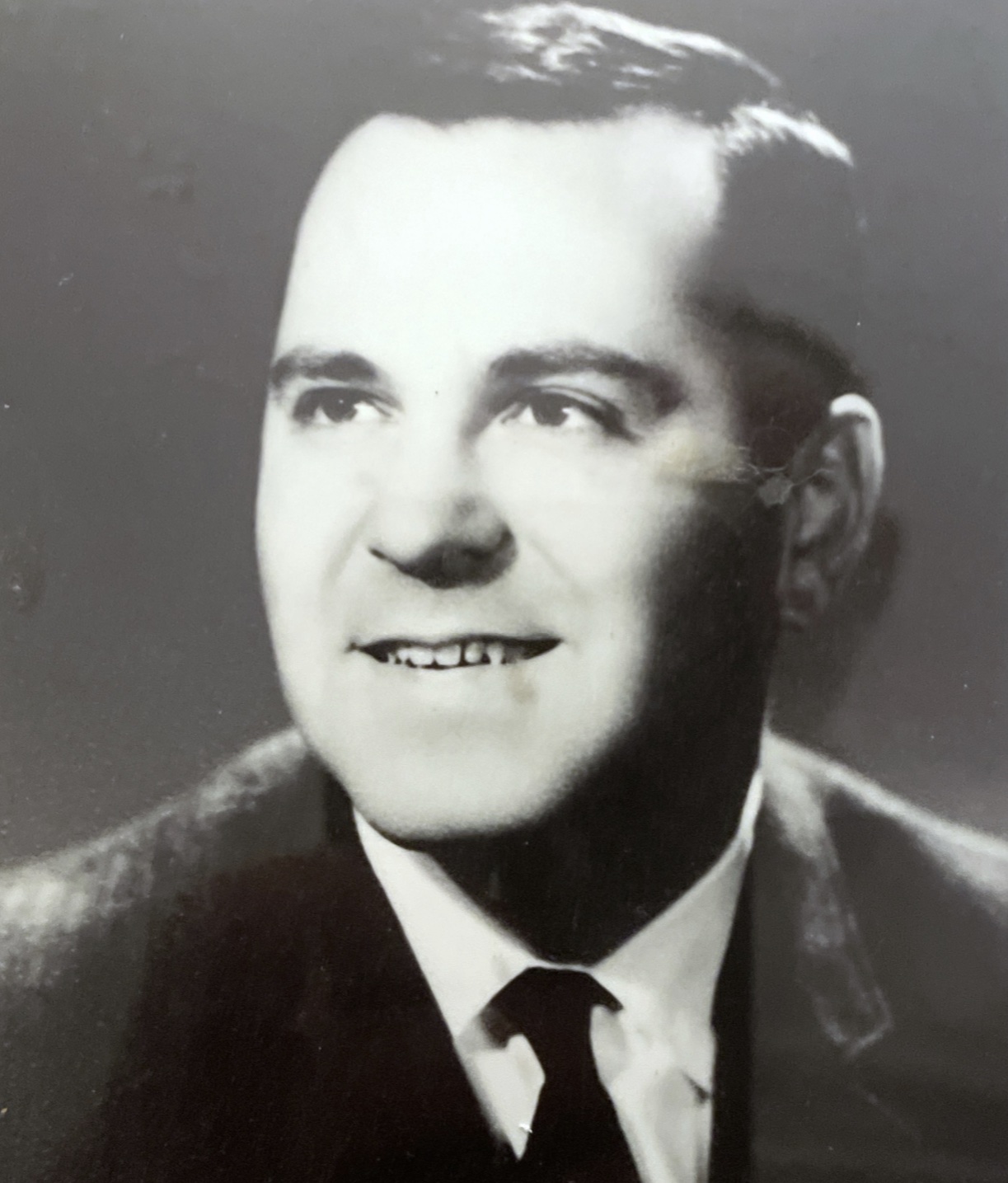
It is often said, perhaps correctly, that the history of slavery is an indelible stain on the honor of the United States. If so, it is a stain widely shared, for until recently all societies, from Sumer to Rome to China to Ghana, were slave societies, using slaves for labor in the field and in the household. Early American tribes on the Pacific Coast found another use for slaves–by killing them as a form of conspicuous consumption, called potlatches.
At all times and places, too, slaves fought for freedom. The first great rebellion recorded is that led by Spartacus in Rome in 73-71 B.C. Like so many others, it ended badly for the rebels, the last six thousand of whom were crucified along the Appian Way. An even larger revolt was that of the Zanj, 869-883 A.D. The Zanj were black slaves imported into Basra, modern Iraq, to drain the swamps. The Britannica says that fair-skinned slaves joined the revolt, but to no avail.
Slave rebellions occurred everywhere in the Americas and were everywhere suppressed, except for Toussaint L’ouverture’s victory in present day Haiti in 1791. Everywhere else slaves fought and lost and died alone, with no help, so far as history knows, from free men and women.
Except Denmark Vesey, a free black who in 1822, in Charleston, South Carolina, organized an insurrection that involved as many as nine thousand men. They were betrayed and Vesey was hanged with thirty-six others.
Except also John Brown, who in 1859 with fifteen whites and six blacks seized the armory at Harpers Ferry, in the hope and expectation that an army would join him in a war of emancipation. He and his two sons were among those killed.
Except finally, the United States Civil War.
History is mostly gaps. What we know is a trivial fraction of all that has occurred. Other free men may have fought to emancipate men not naturally their brothers, and died without a trace. But what we do know is that only once did they fight and die in a great war, a Christian war, for that goal.
In the beauty of the lilies Christ was born across the sea,
With a glory in His bosom that transfigures you and me:
As He died to make men holy, let us die to make men free
And die they did, over 350,000 of an army of about a million and a half. The men who fought for the North were not saints, and their leaders were not angels. They were sinners, and this nation was compromised more than we would like by its history of slavery.
To paraphrase Churchill, the United States is the worst nation that ever was, except all the others that have existed, from time to time, through the ages.
Portrait: Tragic Prelude, John Brown in the Kansas State Capitol
